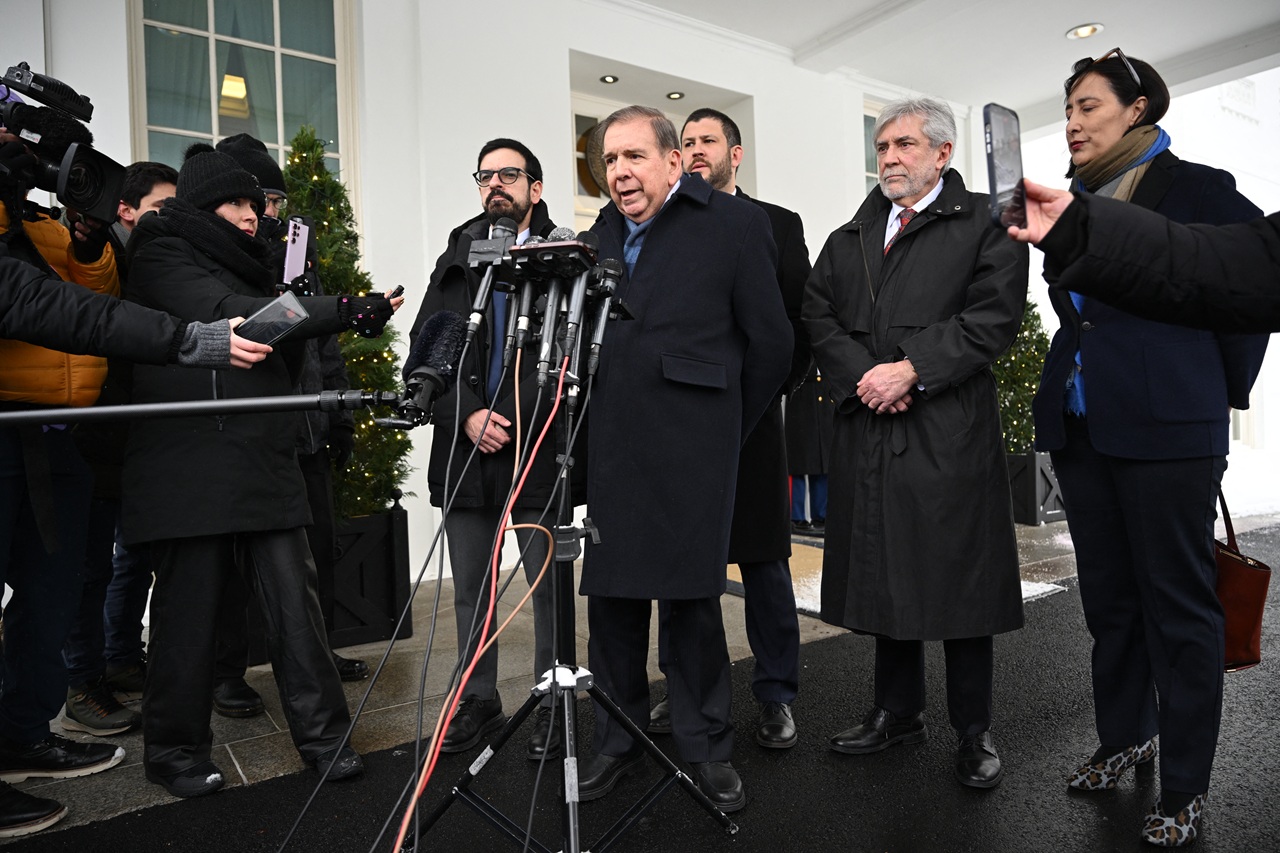
High tension in Venezuela ahead of presidential inauguration
As the day for the start of a new government approaches, no one is certain about what will happen in the South American country.
The political scene in Venezuela is experiencing one of its most tense and complex moments in recent years, just days before the scheduled presidential inauguration. The reelection of Nicolás Maduro, denounced by the Inter-American Commission on Human Rights (IACHR) as lacking "democratic legitimacy", has intensified internal fractures and international attention. The outlook is uncertain and recent events only deepen doubts about what could happen on the key day: this Friday, January 10, when the new government should take office.
Edmundo Gonzalez Urrutia, the opposition and self-proclaimed winner of the elections, has intensified his efforts to gain international support. In the last weeks, he went on a tour that took him to meetings with key figures such as the President of the United States, Joe Biden, and the Argentinean President Javier Milei. This strategy seeks to strengthen his position on the global scene and gain legitimacy in the face of a government that all indications are that he has resorted to fraud to stay in power. In addition, a dozen Latin American foreign ministers have scheduled a meeting in Panama with Gonzalez this Wednesday, which could lead to new declarations and joint measures against Maduro.
One of the strongest gestures in the region came from Chile, which decided to withdraw its diplomatic mission from Venezuela. The decision, considered a direct message of rejection to the Maduro government, reflects the level of diplomatic tension in the region. This measure could motivate other countries to take similar actions, increasing the isolation of the regime.
RELATED CONTENT
The IACHR said Tuesday that the Maduro government resorts to "practices of state terrorism", an accusation that adds to the growing reports of intimidation and violence. The opposition has reported the presence of military and drones flying over the house of the mother of María Corina Machado, one of the most visible figures of the opposition movement. In addition, the detention of Edmundo Gonzalez's son-in-law has generated outrage and fear, being interpreted by many as an attempt to destabilize the opposition.
In parallel, Maduro announced the arrest of seven foreigners, among them two Americans, whom he accused of being "mercenaries" seeking to prevent his swearing-in. This announcement, made on Tuesday, has increased speculations about a possible direct confrontation between internal and external actors in the context of the presidential inauguration. Although details on the accusations are scarce, the government has used this type of narrative in the past to justify repressive measures.
The support or indifference of the international community will be decisive in the coming days. While countries such as the United States and Argentina have shown support for Gonzalez, other governments in the region, such as Mexico, Colombia and Brazil, have opted for a more cautious stance. The meeting of foreign ministers in Panama could mark a turning point, defining whether the region adopts a unified position or whether divisions persist.
With all these elements in play, the outlook prior to the presidential inauguration in Venezuela is highly volatile. The actions of the Maduro government, added to international pressure and the strategies of the opposition, could trigger a crisis of major proportions or open the door to an eventual dialogue. However, major cities are militarized and allegations of state terrorism indicate that the margin for a peaceful solution is rapidly shrinking.
As the day of the inauguration approaches, the world is watching closely, aware that events in Venezuela could have repercussions beyond its borders, impacting the political and economic stability of the region.



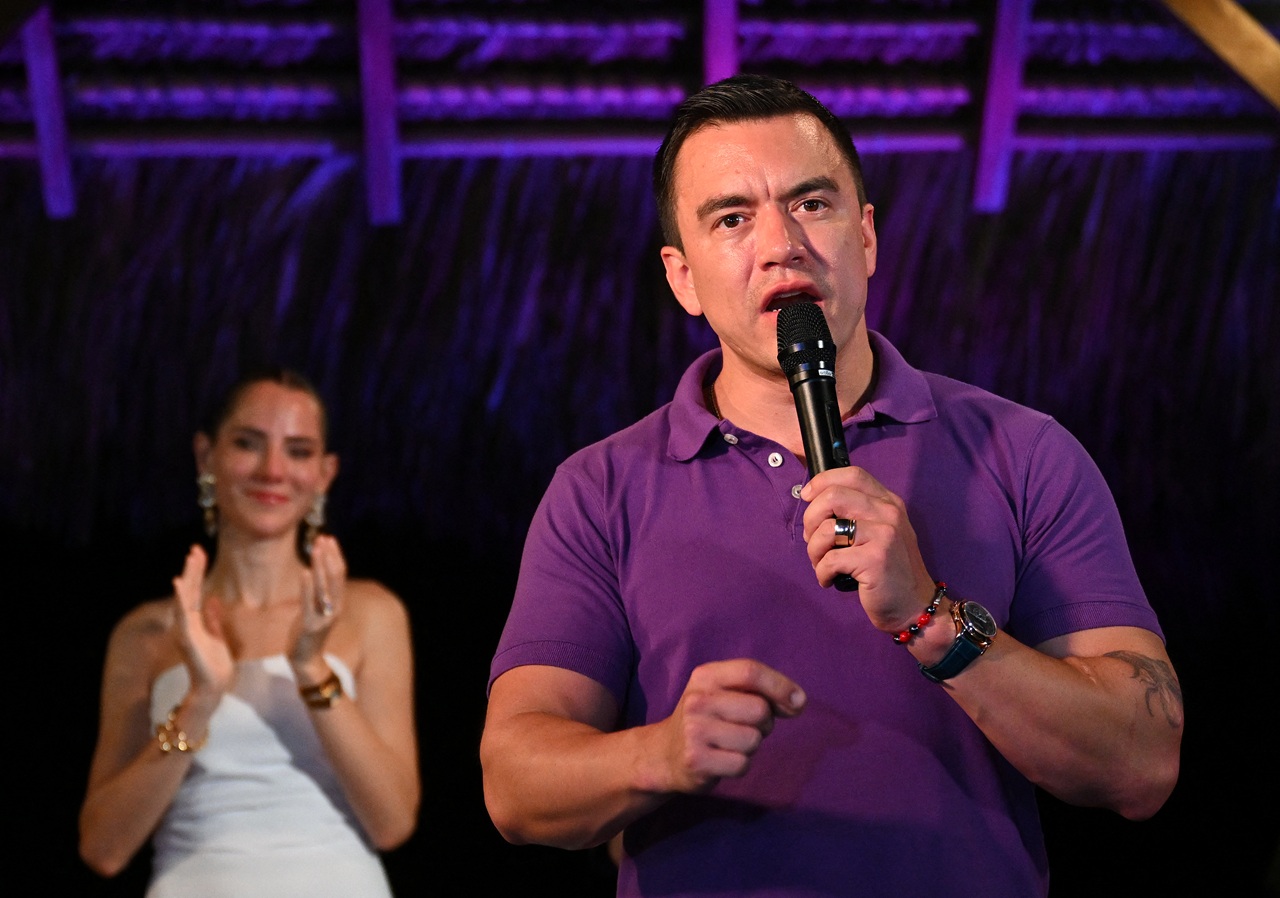
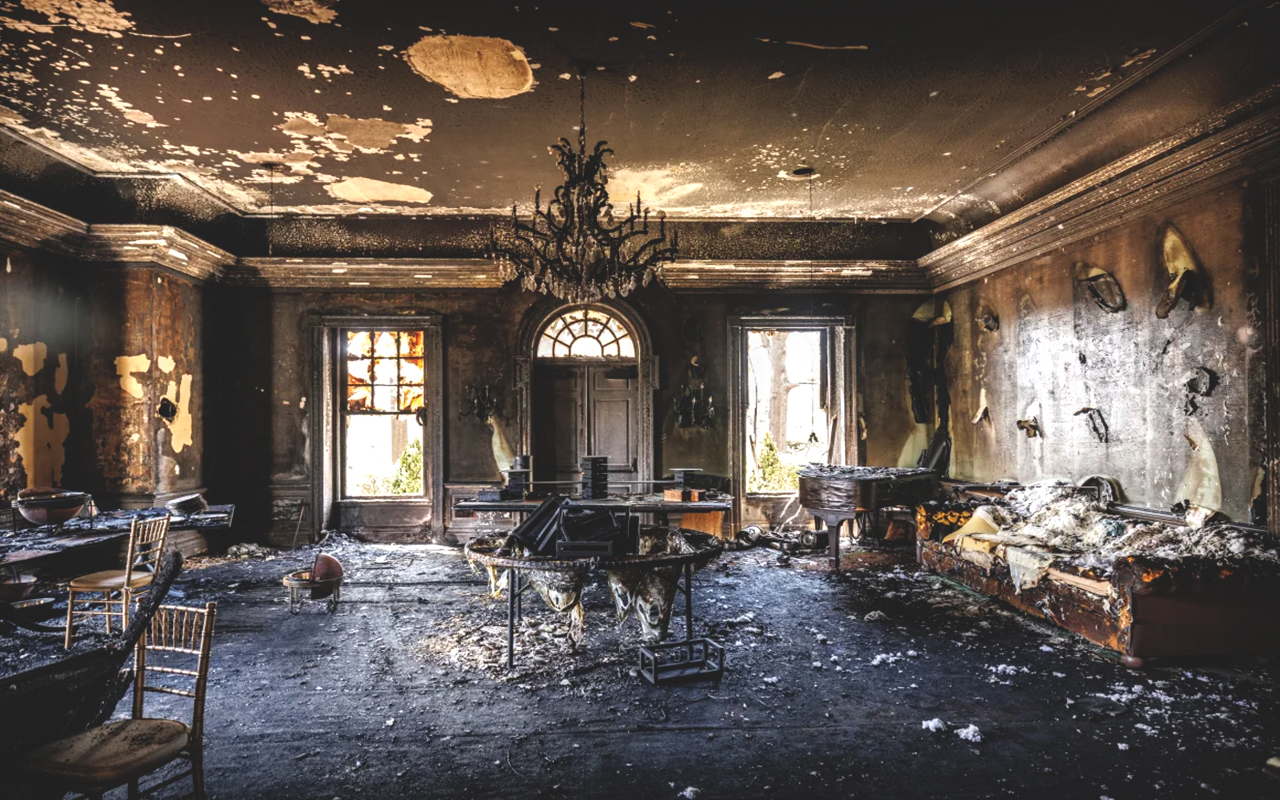
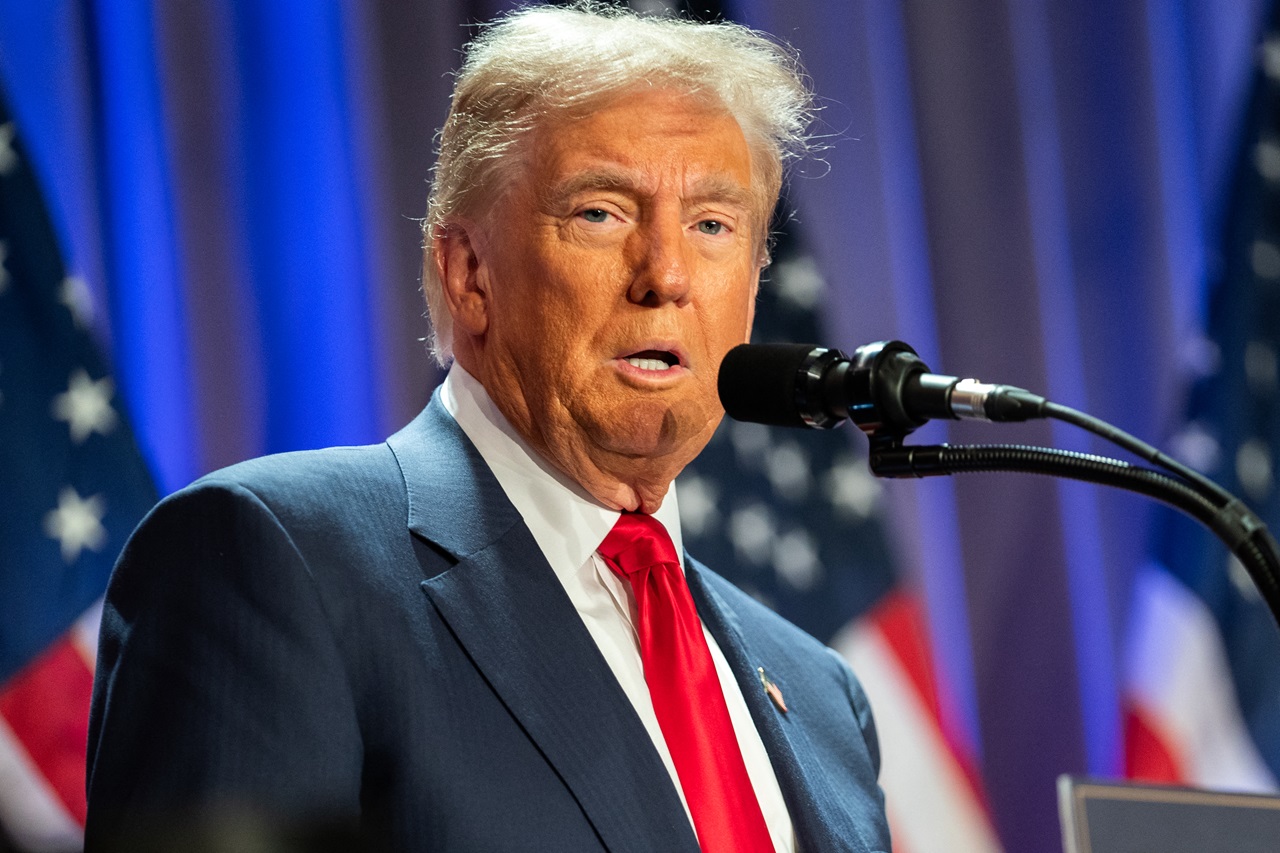
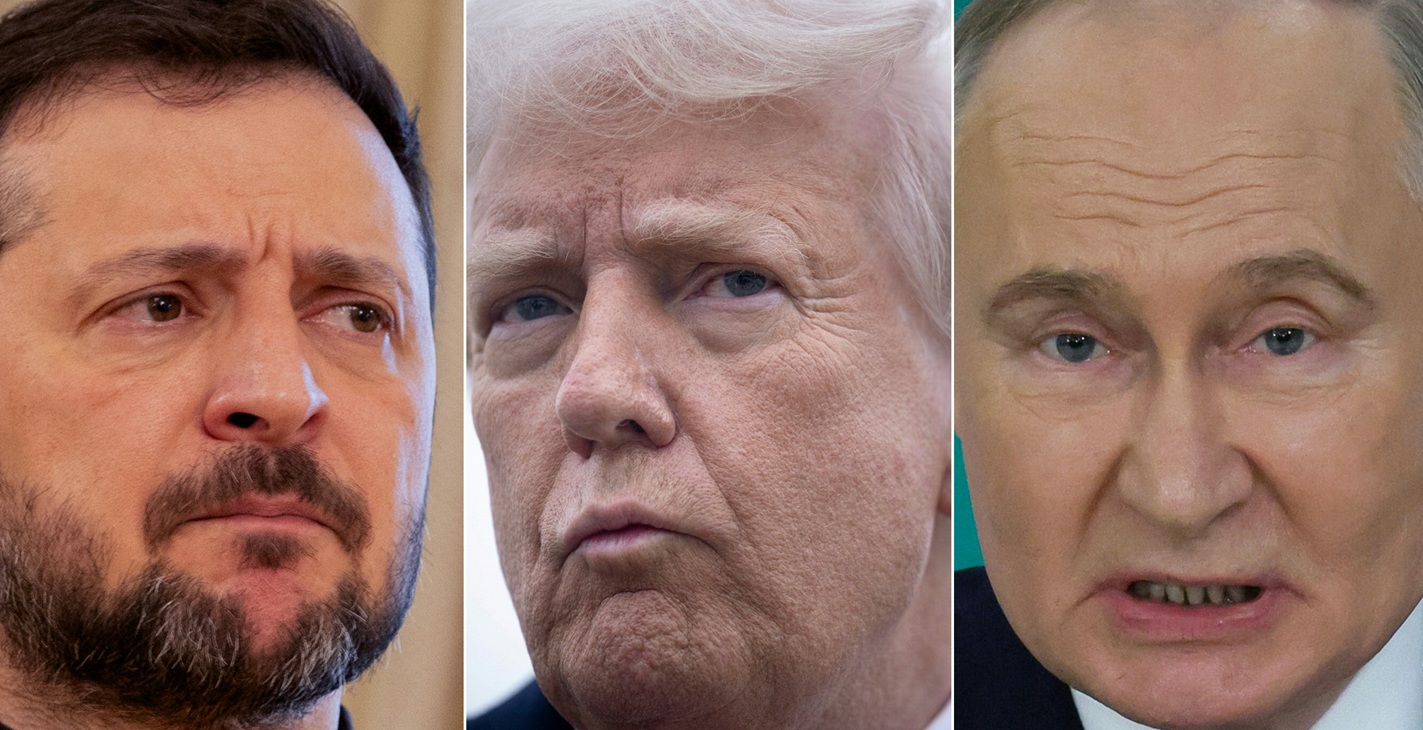

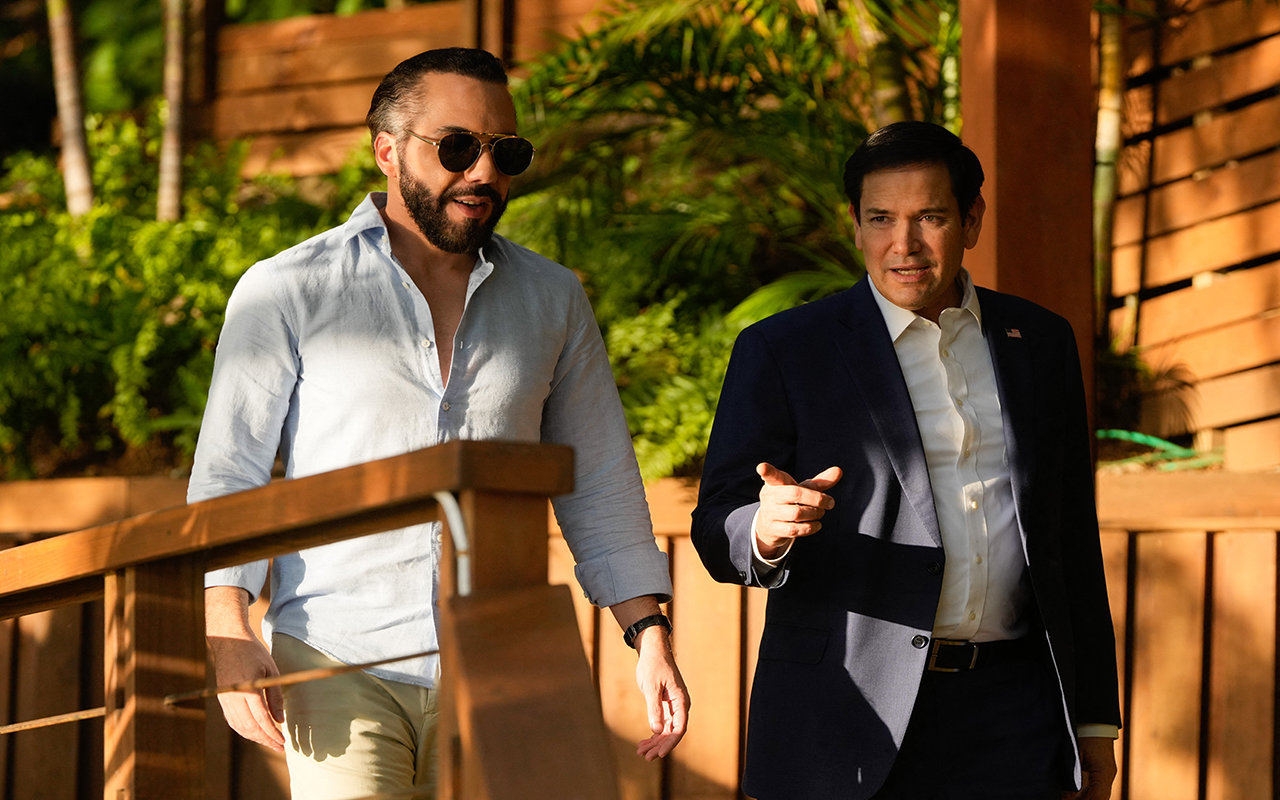

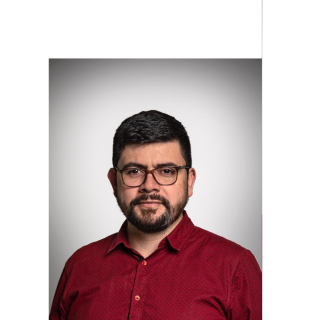
LEAVE A COMMENT: